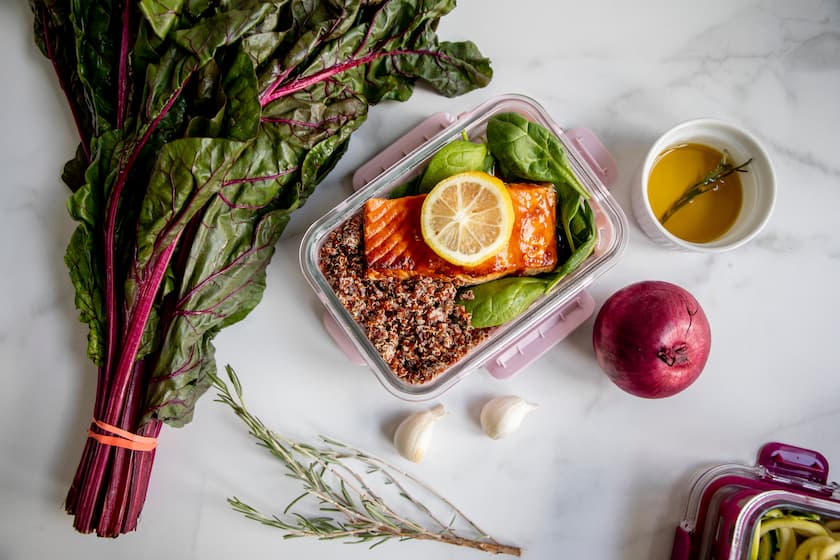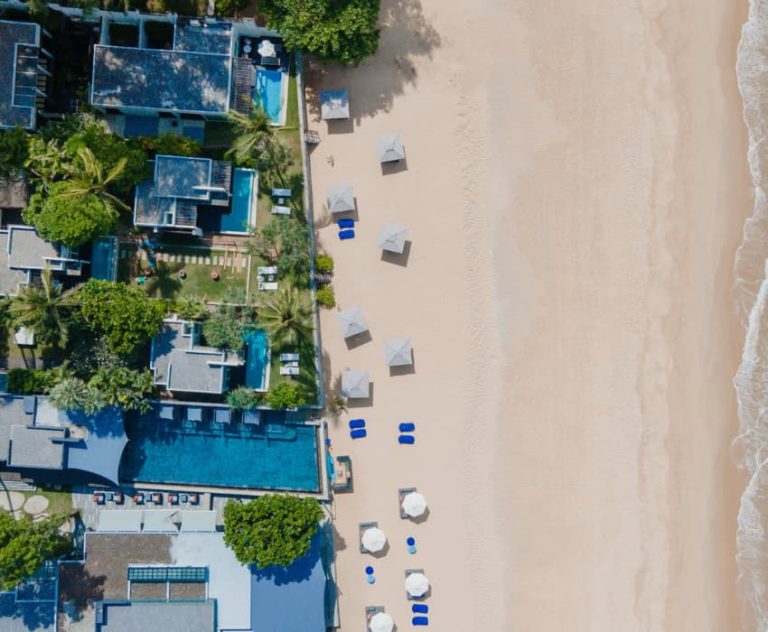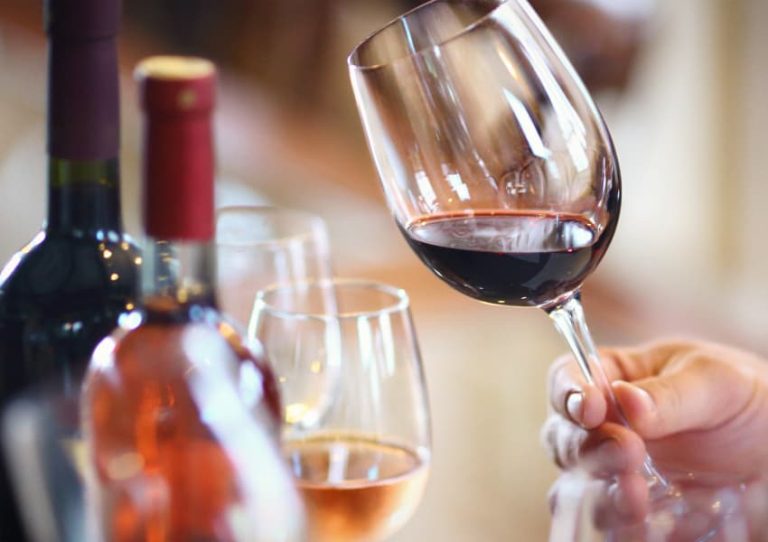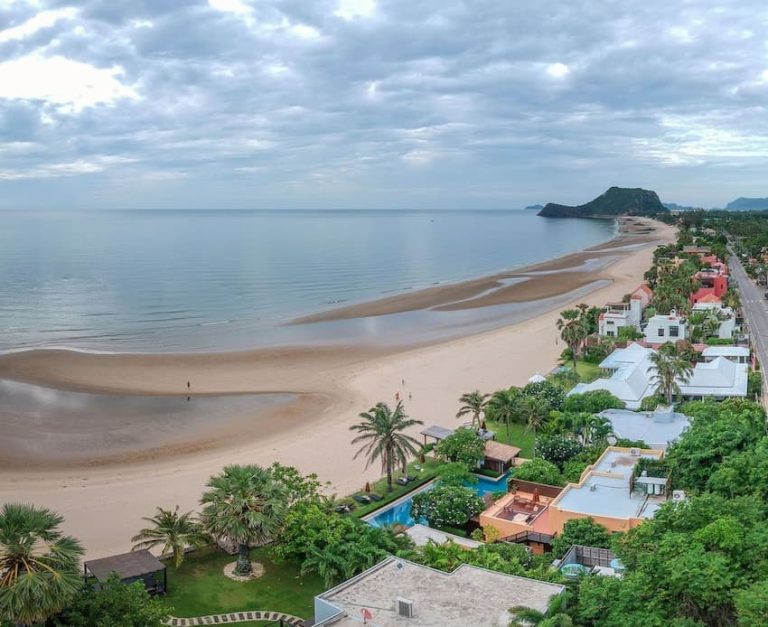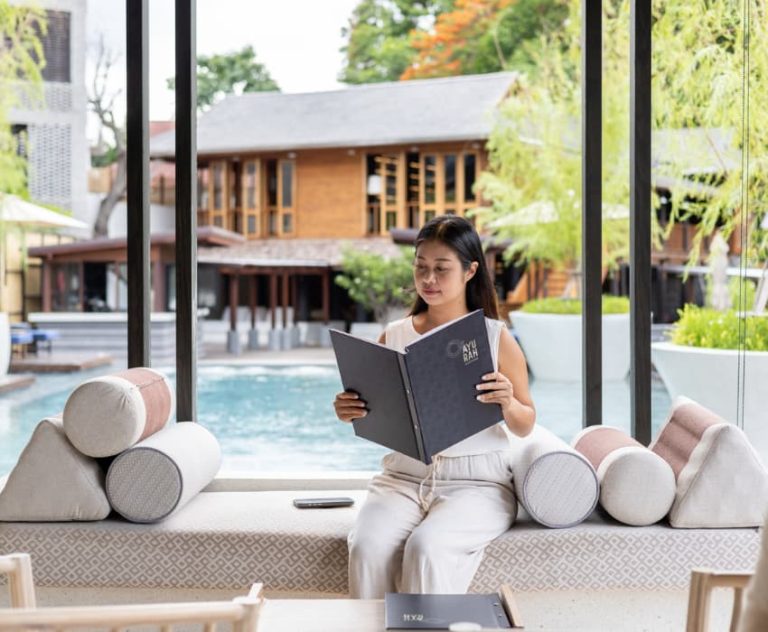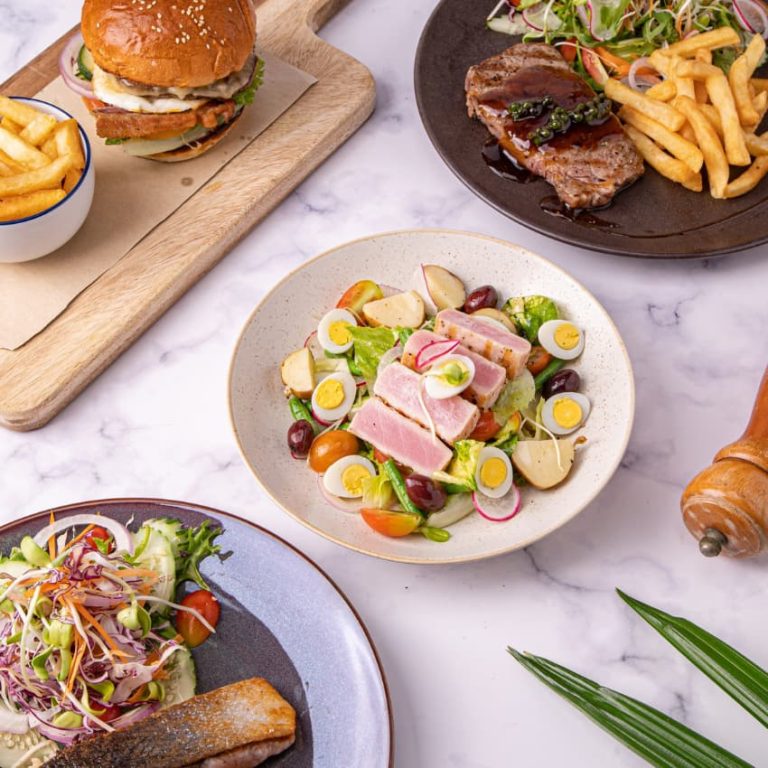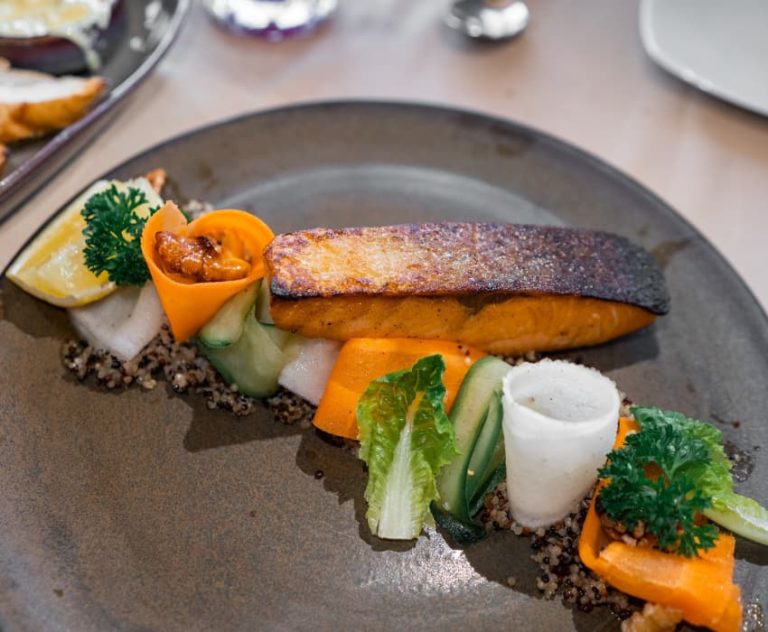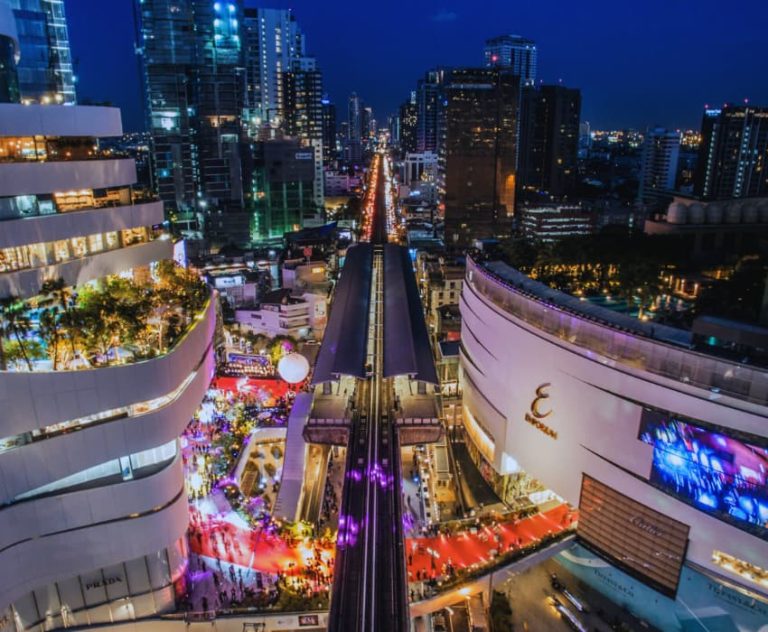When working to control body weight and blood sugar levels, it is fairly intuitive that What you Eat throughout the day will have an impact on your goals. However, the less obvious yet potentially more important consideration is When you Eat.
Just as there is not a singular ‘diabetes diet’ that works for everyone, there is also not a one size fits all time schedule for eating but there are some basic guidelines and there is a growing body of research that indicates that eating earlier and reducing the eating hours per day can have a significant impact on both weight loss and blood sugar levels.
To fast or not to fast
Intermittent fasting (IF) has been a popular trend in the past decade but there are as many IF ‘programs’ as there are opinions on how well IF works or if it is truly a healthful option.
The reality is, all of us fast on a daily basis. There is a reason the first meal of the day is known as breakfast; we are literally breaking the overnight fast since the last meal.
Most experts agree that night time fasting, while you are supposed to be sleeping, is beneficial. Recent research has found that moving meal times earlier in the day ensures food is metabolised by bedtime, thereby allowing the body to burn fat at the optimal time, while we sleep.
Time to Eat
Rather than skipping breakfast as advocated by some IF programs, skip the unhealthy breakfast pastries and have a hearty breakfast full of fibre, protein and healthy fats to give you ‘fuel’ for the day. For your remaining meals, aim for a moderate sized lunch and smaller dinner; ideally you finish your last meal not latter than 20:00, earlier is even better as that lengthens your overnight fasting time.
Eating at night-time is associated with a greater risk of obesity and T2D; this is likely due to our evolved circadian rhythm of eating by day, sleeping by night. So the closer you are to sleeping, the less food you should consume as the metabolic impact on our body is different throughout the day.
“Our body metabolism changes throughout the day. A slice of bread consumed at breakfast leads to a lower glucose response and is less fattening than an identical slice of bread consumed in the evening.” Professor Jakubowicz, M.D., Tel Aviv University
If for some reason you are hungry and it’s approaching bedtime, do not eat carbs or sweets. Instead, try a small handful of nuts, a few slices of avocado, a boiled egg or other lean protein like chicken, turkey or tuna … and small amounts, just enough to quell the hunger pangs.
Get regular
To avoid those pre-bedtime snack attacks, get in the habit of eating at regular times of the day. If it helps, tell yourself that your are now on a Time Restricted Eating plan or a simplified IF program. Set your eating time window (e.g. 08:00 – 18:00) but make sure that the time frame is realistic for your work and lifestyle schedule.
Ideally, you achieve at least 12-hours of overnight fasting and with a two -three hour gap between finishing dinner and lying down to sleep.
Exercise & food
Everyone has their personal preference for when they exercise but, if you can, try to do your workouts in the morning. Research shows pre-breakfast workouts will burn more body fat, reduce post-meal insulin levels and increase insulin sensitivity (i.e. improves how well the body can use insulin to regulate blood sugar).
Even if you can’t pull yourself out of bed and into a workout, as long as there is a three – four hour gap since your last meal, exercise will still help to burn body fat and improve insulin response.
If you do need to eat before a workout, remember that your body will use those calories first as they are easiest for the body to access.
Choose your snack wisely and focus on real food! Forget the overpriced, overpackaged and highly processed ‘fitness’ bars and gels, instead, reach for a combination of healthy carbs and protein such as:
- fruit + protein (apple or banana + nuts or nut-butter / berries + a few slices of turkey or nuts)
- starch + protein (wholegrain crackers + cheese / wholegrain bread + lean meat)
- dairy + fruit (unsweetened yogurt + fresh fruit)
After your workout, if it was low intensity (i.e. power walking, light jog or moderate cycling), there is no need to eat right away unless you are truly hungry. If so, follow the same guidelines as above.
If, however, you have done high intensity exercise like a HIT class or an endurance run, bike or swim, especially if the workout was sustained for an hour or more, then you should eat within an hour of finishing. Again, focus on real food with plenty of lean protein, fibre and good fats to ensure muscle recovery as well as gaining the benefits of exercise (i.e. weight loss, muscle building and improved insulin response).
When to start making changes?
There is no time like the present!
Making lifestyle changes doesn’t need to be scary, hard or difficult; you simply need to be relaxed and open-minded. The best way to achieve the latter is to step away from your current routine.
At Ayurah Wellness, we provide that safe space where you can step out of your ‘box’ and have experts guide you every-step of the way.
We will ease you into change with the peace and tranquillity of our seaside locations and relaxing massages to help clear the mind.
You can then explore eating plans that work for your lifestyle during one-on-one consultation sessions with our team of professional wellness advisors and dieticians, not to mention advice from our culinary team.
Even though you may be focused on when and what to eat, our fitness experts will be on hand to offer guidance on starting, or expanding upon, your daily movement routine, ensuring you avoid injury and build a stronger, healthier body.
Collectively, our team of wellness experts will work with you to develop eating and fitness plans that don’t feel like plans, they will just feel like you and your sustainable lifestyle towards better health and happiness!
Related Articles
- What to Eat & Type 2 Diabetes
- Understanding Carbs and Type 2 Diabetes
- Stress & Type 2 Diabetes
- Ayurah & You; Reversing the Trend of Type 2 Diabetes
- Healthy Living with Diabetes
AYURAH SPA & WELLNESS CENTRE
33 Moo 5, Khok Kloi,
Takua Thung, Phang Nga
82140 Thailand
T: +66 (0) 76 580 339

